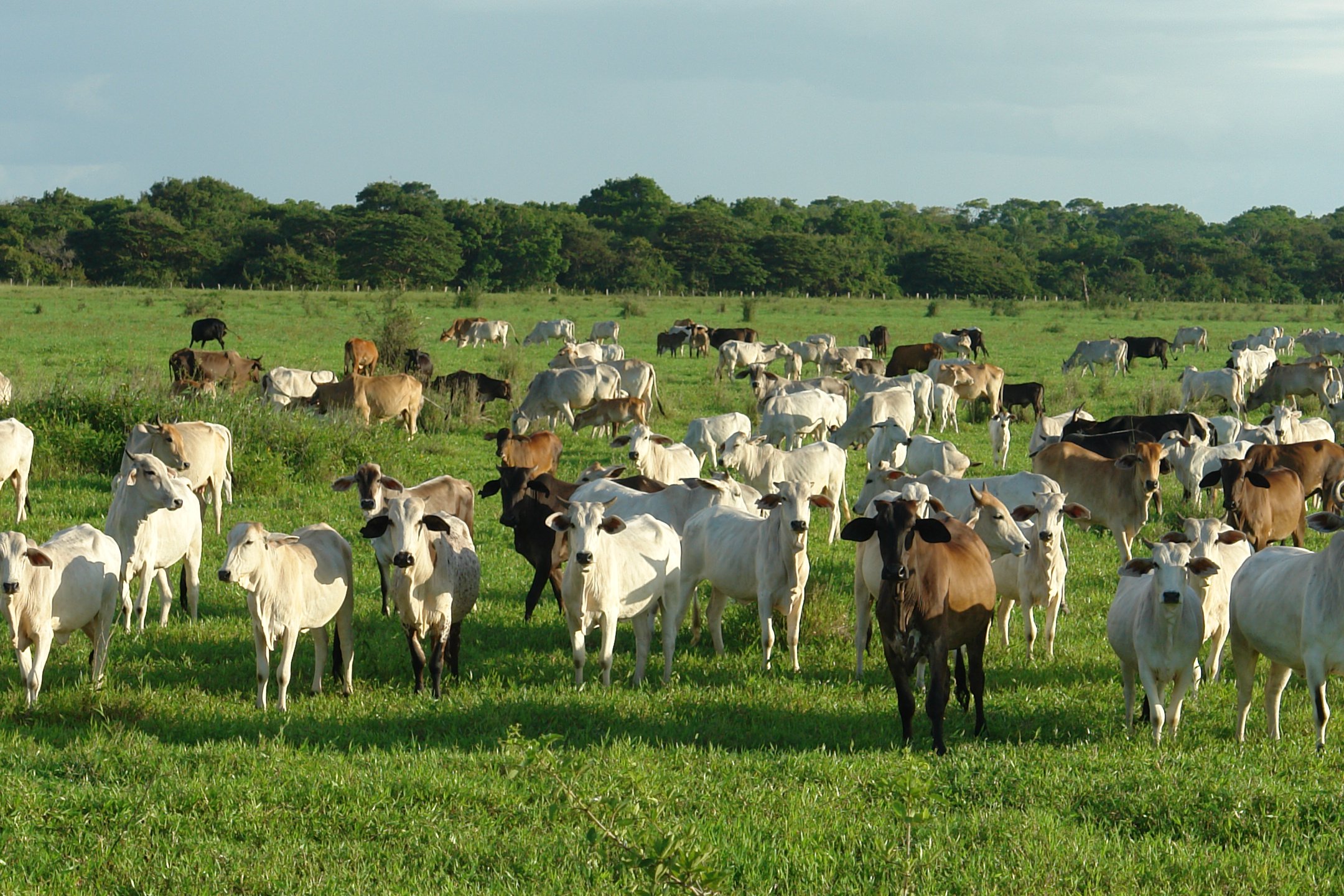1
そこで、主はモーセに言われた、「パロのもとに行きなさい。わたしは彼の心とその家来たちの心をかたくなにした。これは、わたしがこれらのしるしを、彼らの中に行うためである。
2
また、わたしがエジプトびとをあしらったこと、また彼らの中にわたしが行ったしるしを、あなたがたが、子や孫の耳に語り伝えるためである。そしてあなたがたは、わたしが主であることを知るであろう」。
3
モーセとアロンはパロのもとに行って彼に言った、「ヘブルびとの神、主はこう仰せられる、『いつまで、あなたは、わたしに屈伏することを拒むのですか。民を去らせて、わたしに仕えさせなさい。
4
もし、わたしの民を去らせることを拒むならば、見よ、あす、わたしはいなごを、あなたの領土にはいらせるであろう。
5
それは地のおもてをおおい、人が地を見ることもできないほどになるであろう。そして雹を免れて、残されているものを食い尽し、野にはえているあなたがたの木をみな食い尽すであろう。
6
またそれはあなたの家とあなたのすべての家来の家、および、すべてのエジプトびとの家に満ちるであろう。このようなことは、あなたの父たちも、また、祖父たちも、彼らが地上にあった日から今日に至るまで、かつて見たことのないものである』と」。そして彼は身をめぐらして、パロのもとを出て行った。
7
パロの家来たちは王に言った、「いつまで、この人はわれわれのわなとなるのでしょう。この人々を去らせ、彼らの神なる主に仕えさせては、どうでしょう。エジプトが滅びてしまうことに、まだ気づかれないのですか」。
8
そこで、モーセとアロンは、また、パロのもとに召し出された。パロは彼らに言った、「行って、あなたがたの神、主に仕えなさい。しかし、行くものはだれだれか」。
9
モーセは言った、「わたしたちは幼い者も、老いた者も行きます。むすこも娘も携え、羊も牛も連れて行きます。わたしたちは主の祭を執り行わなければならないのですから」。
10
パロは彼らに言った、「万一、わたしが、あなたがたに子供を連れてまで去らせるようなことがあれば、主があなたがたと共にいますがよい。あなたがたは悪いたくらみをしている。
11
それはいけない。あなたがたは男だけ行って主に仕えるがよい。それが、あなたがたの要求であった」。彼らは、ついにパロの前から追い出された。
12
主はモーセに言われた、「あなたの手をエジプトの地の上にさし伸べて、エジプトの地にいなごをのぼらせ、地のすべての青物、すなわち、雹が打ち残したものを、ことごとく食べさせなさい」。
13
そこでモーセはエジプトの地の上に、つえをさし伸べたので、主は終日、終夜、東風を地に吹かせられた。朝となって、東風は、いなごを運んできた。
14
いなごはエジプト全国にのぞみ、エジプトの全領土にとどまり、その数がはなはだ多く、このようないなごは前にもなく、また後にもないであろう。
15
いなごは地の全面をおおったので、地は暗くなった。そして地のすべての青物と、雹の打ち残した木の実を、ことごとく食べたので、エジプト全国にわたって、木にも畑の青物にも、緑の物とては何も残らなかった。
16
そこで、パロは、急いでモーセとアロンを召して言った、「わたしは、あなたがたの神、主に対し、また、あなたがたに対して罪を犯しました。
17
それで、どうか、もう一度だけ、わたしの罪をゆるしてください。そしてあなたがたの神、主に祈願して、ただ、この死をわたしから離れさせてください」。
19
主は、はなはだ強い西風に変らせ、いなごを吹き上げて、これを紅海に追いやられたので、エジプト全土には一つのいなごも残らなかった。
20
しかし、主がパロの心をかたくなにされたので、彼はイスラエルの人々を去らせなかった。
21
主はまたモーセに言われた、「天にむかってあなたの手をさし伸べ、エジプトの国に、くらやみをこさせなさい。そのくらやみは、さわれるほどである」。
22
モーセが天にむかって手をさし伸べたので、濃いくらやみは、エジプト全国に臨み三日に及んだ。
23
三日の間、人々は互に見ることもできず、まただれもその所から立つ者もなかった。しかし、イスラエルの人々には、みな、その住む所に光があった。
24
そこでパロはモーセを召して言った、「あなたがたは行って主に仕えなさい。あなたがたの子供も連れて行ってもよろしい。ただ、あなたがたの羊と牛は残して置きなさい」。
25
しかし、モーセは言った、「あなたは、また、わたしたちの神、主にささげる犠牲と燔祭の物をも、わたしたちにくださらなければなりません。
26
わたしたちは家畜も連れて行きます。ひずめ一つも残しません。わたしたちは、そのうちから取って、わたしたちの神、主に仕えねばなりません。またわたしたちは、その場所に行くまでは、何をもって、主に仕えるべきかを知らないからです」。
27
けれども、主がパロの心をかたくなにされたので、パロは彼らを去らせようとしなかった。
28
それでパロはモーセに言った、「わたしの所から去りなさい。心して、わたしの顔は二度と見てはならない。わたしの顔を見る日には、あなたの命はないであろう」。







